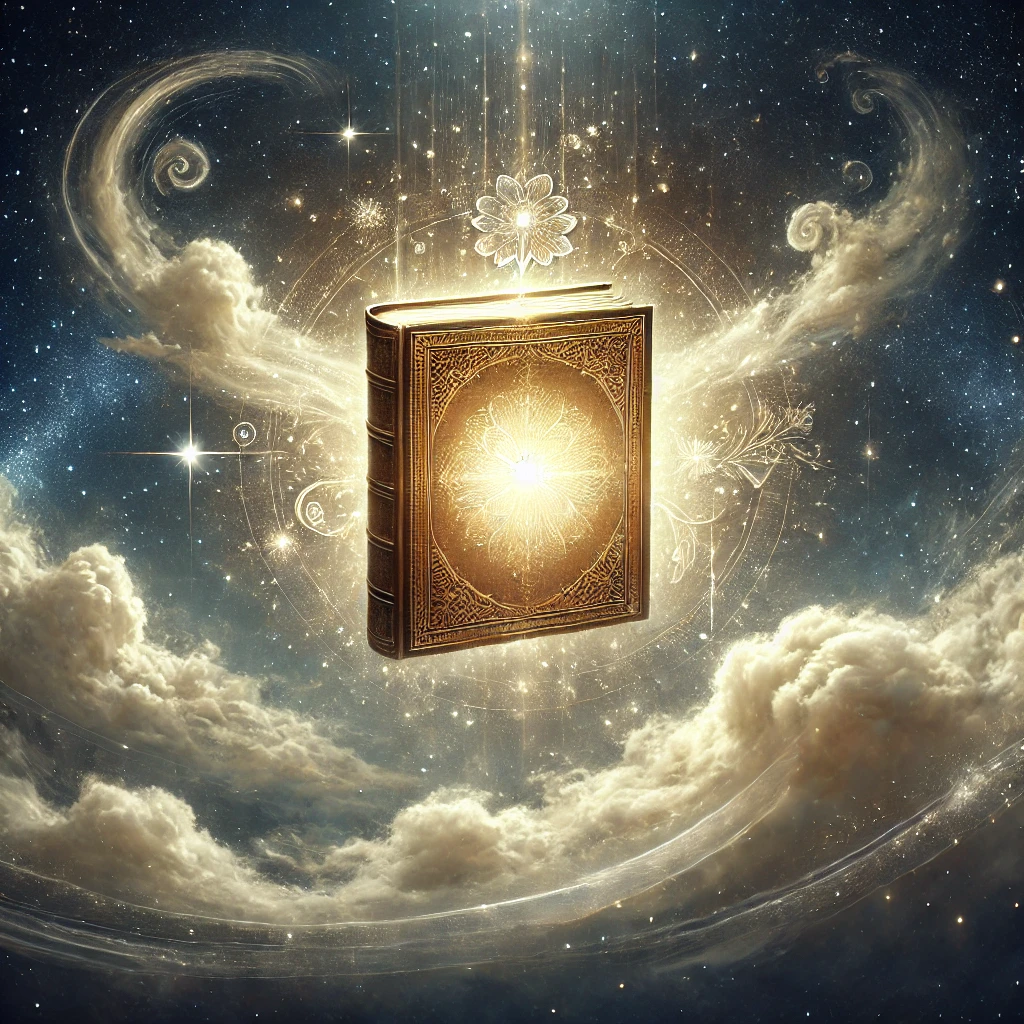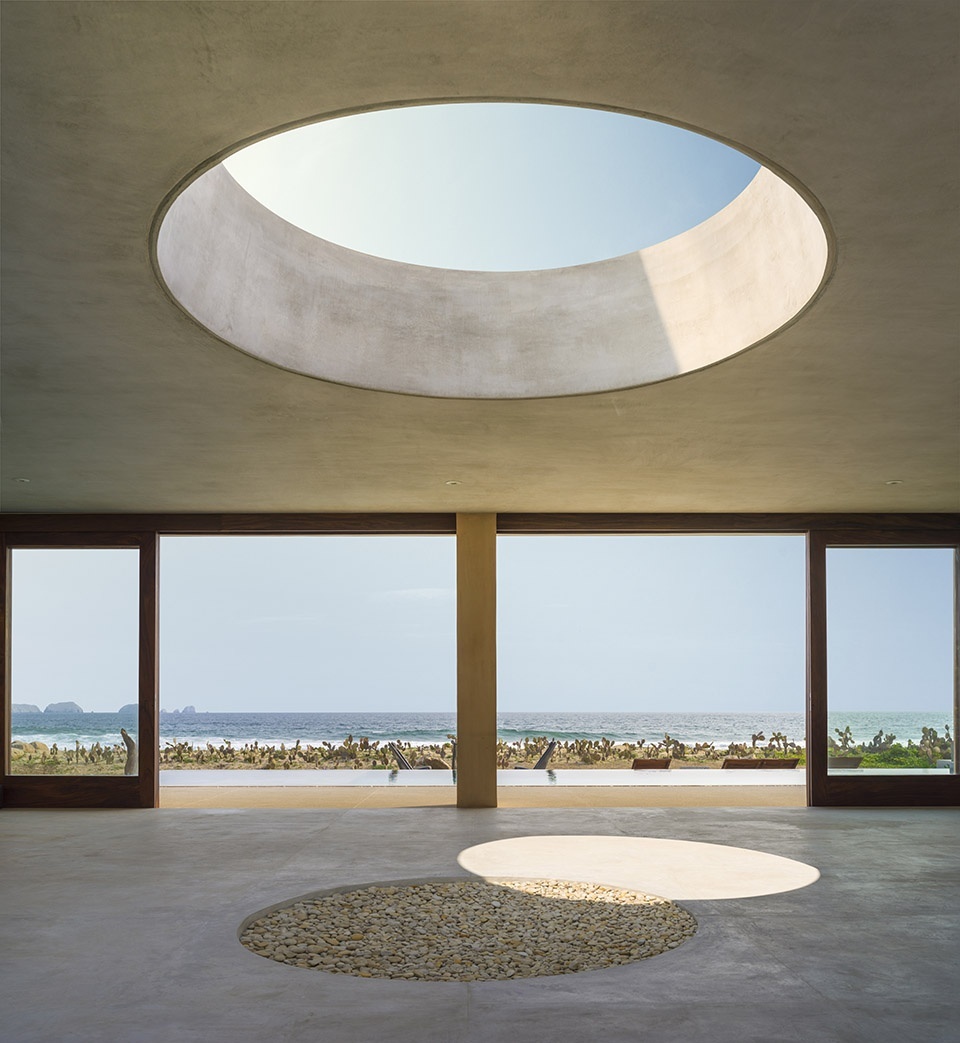
一七五 壓 力
大師常是隨着個人成長的步調,任其自然發展,他從不在旁催迫。他曾說過這樣的比喻:
有個人看見一隻蝴蝶正在破繭而出,他捺不住性子,所以輕輕地向繭吹氣,這股暖氣確實加速了出繭的過程,可是出來的不是蝴蝶,而是有一雙零亂翅膀的怪蛾。」
大師總結一句:「我們不應為別人催生,否則我們會造成流產的悲劇。」
OPPRESSION
The Master always left you to grow at your own pace. He was never known to “push”.
He explained this with the following parable:
A man once saw a butterfly struggling to emerge from its cocoon, too slowly for his
taste, so he began to blow on it gently. The warmth of his breath speeded up the process
all right. But what emerged was not a butterfly but a creature with mangled wings.
“In growth.” the Master concluded, “you cannot speed the process up. All you can do
is abort it.”

 一七三 老 化
一七三 老 化





